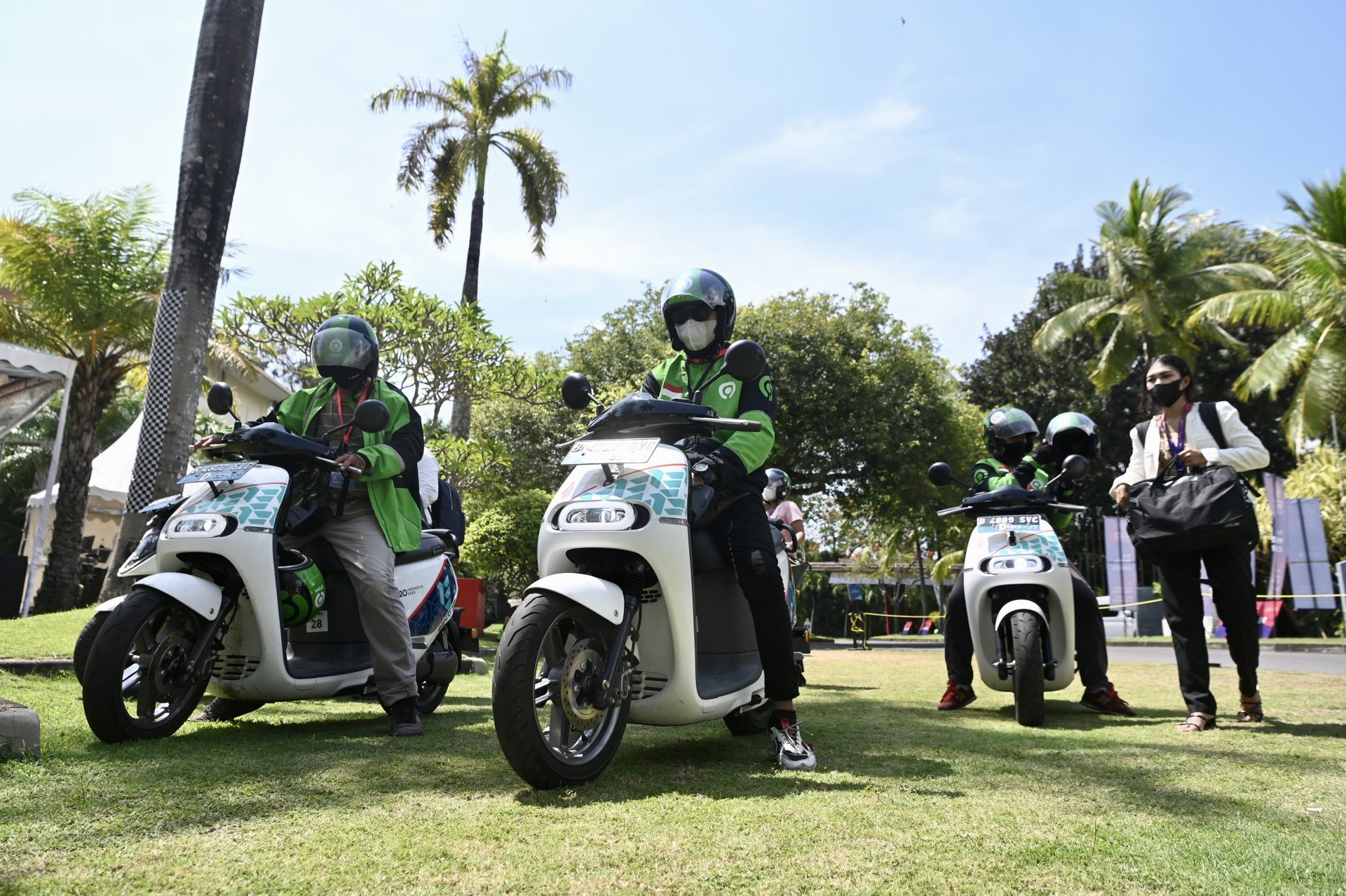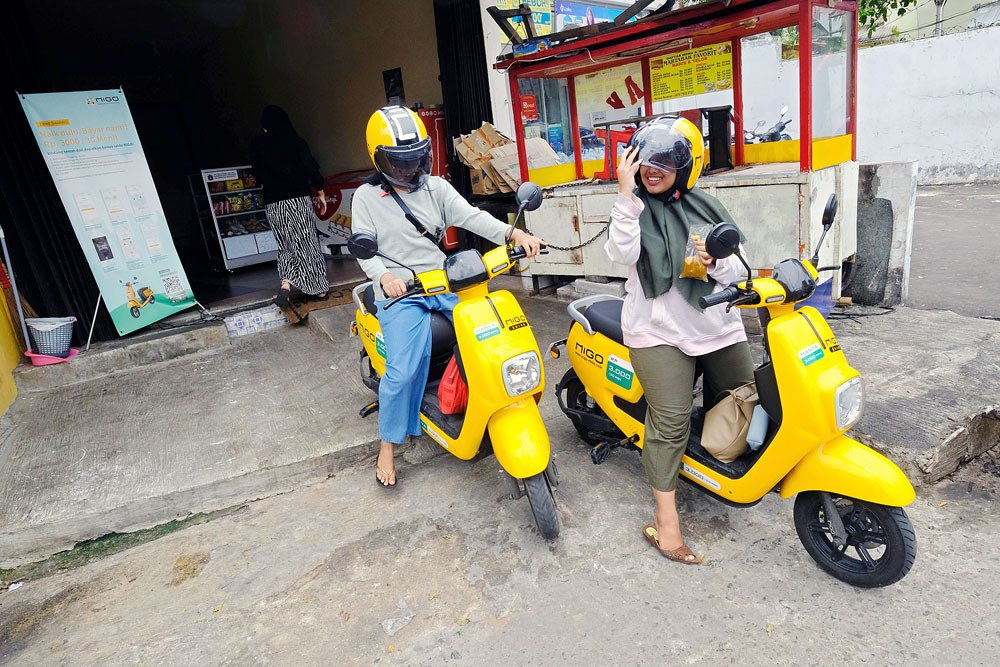Copyright ©2021 VINAMR All Rights Reserved
28 Nov 2022
Vietnam is considered as one of the promoting nations of the electric motorcycle revolution in Southeast Asia.

In recent weeks, the Southeast Asia region has seen many major events, including a number of high-level international conferences taking place in Bali, Bangkok, and Singapore. After nearly three years since Covid-19, the region is vibrant again as countries lift disease restrictions and encourage face-to-face meetings.
For Vivek Lath – a partner of McKinsey & Co., there is something more remarkable. At this year’s G20 Summit, on the tropical resort island of Bali, several companies provided electric scooters for attendees to move from the hotel to the main convention complex. Local police also rode electric scooters to escort the delegates.
It can be said that electric motorbikes became a highlight at last week’s G20 Summit in Bali. And Lath believes it is proof of the electric motorcycle revolution taking place in Southeast Asia.
“Many companies are starting to realize that this vehicle will become popular in Indonesia. It’s a segment that will accelerate much faster in the near future”, Lath said in an interview in Singapore.
According to Bloomberg, in crowded cities of Southeast Asia, from Hanoi to Jakarta, owning a compact vehicle will be more reasonable in transportation. For the emerging middle class, electric motorbikes are also easier to buy because the price of electric cars is still relatively high.

Rahul Gupta, Lath’s colleague, and associate partner at McKinsey, believes electric scooters could account for up to 50% of the overall motorcycle market in the region by 2030, higher than cars’ 20%.
Gupta said countries like Indonesia and Vietnam – big markets for scooters and motorbikes – will drive that growth, especially as delivery companies like Grab and GoJek committing to switching their fleet entirely to electric vehicles.
Indonesia Battery Corp., a state-owned electric vehicle maker, plans to produce 50,000 battery packs for two-wheelers next year to support the roughly 115 million motorcycles that will hit the country’s roads.
Last month, Hero MotoCorp Ltd. of India – the world’s largest two-wheeler manufacturer by volume, has introduced its first electric scooter under the Vida sub-brand. A safety feature for short urban trips of this model is the maximum speed limit at 10 km per hour.
Even companies in developed markets in Asia are entering this potential market. Honda Motor Co. Japan’s automaker is doubling down on its plans to launch electric motorcycles, with the goal of launching at least 10 models worldwide by 2025.
In a June report, Bloomberg said trends in population growth and urbanization are supporting two-wheeler sales in developing countries.
“Urban residents will continue to spend more on transportation as they become wealthier, and those in densely populated areas with inadequate public transport will continue to see that two-wheelers are more suitable for the street than passenger cars”.
“In Asia, it’s really a daily necessity,” says Lath. A lot of different businesses, from transporting goods, transporting people… are done by two-wheeled vehicles. This is a big opportunity for manufacturers.”
Source: autopro.com.vn